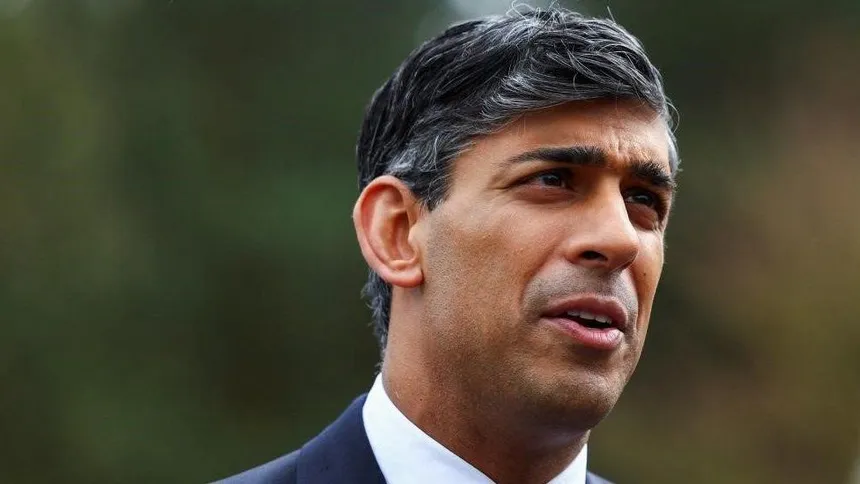The UK government has been found to be inadequately prepared to deal with severe droughts, floods, and other extreme weather events, according to a report by the National Audit Office. Climate campaigners have likened the government’s response to that of a “boiling frog,” remaining oblivious to the escalating threat of extreme weather.
The report examined four types of weather events – droughts, surface water flooding, storms, and high temperatures – and found that the government lacks a clear strategy to make the UK resilient to such events. The Cabinet Office, responsible for coordinating the government’s response to extreme weather, has no clearly defined targets or an effective strategy in place.
As a result, the government is unable to make informed decisions on investments to prevent or mitigate extreme weather events. Moreover, the report found that there is limited evidence of risk assessments being carried out as part of funding decisions, and that the government does not track or evaluate its spending on extreme weather resilience.
The investigators also highlighted that infrastructure – roads, rails, power, and data centers – is not designed to withstand extreme weather, particularly high temperatures and heatwaves. The report emphasized that the government needs to place sufficient emphasis on prevention and preparedness, clearly articulating the level of risk it will tolerate, and making informed decisions about prioritization to ensure efficient and effective investment for the long term.

Gareth Davies, the comptroller and auditor general of the NAO, stressed the importance of building resilience, drawing parallels between the government’s response to extreme weather events and its response to the pandemic. “Government needs to place sufficient emphasis on prevention and preparedness,” Davies said.
Climate campaigners have echoed these concerns, pointing out that the government has been slow to act on climate change despite the growing threat of extreme weather events. Georgia Whitaker, a climate campaigner at Greenpeace UK, criticized the government’s inaction, saying that it is “unprepared to deal with its impacts.” Whitaker also highlighted the need for strong leadership on climate change, citing Rishi Sunak’s climate rollbacks and new oil and gas licenses as examples of the government’s failure to take the threat seriously.
Meg Hillier, a Labour MP and chair of the public accounts committee, emphasized the devastating consequences of extreme weather events and the need for the government to do more to prepare for them. “Government needs to do more to prepare for extreme weather,” Hillier said. “It must place emphasis on prevention and preparedness and make long-term investments to protect people and businesses.”
In response to the report, a Cabinet Office spokesperson claimed that the government is making progress in building flexible and agile capabilities to prepare for emerging threats. However, the report’s findings suggest that there is still much work to be done to ensure the UK is adequately prepared for the escalating threat of extreme weather events.

